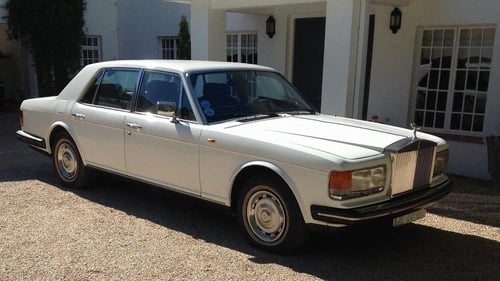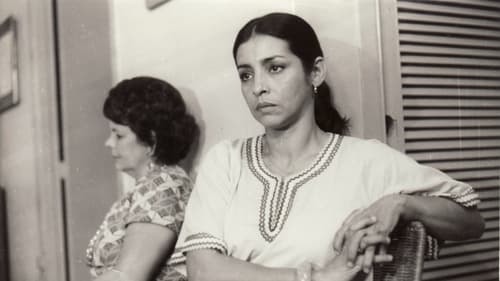
Gösta Eriksson, a hairdresser, buys a car from used-car dealer Bertil Planåker. But Gösta soon discovers that the car is a wreck. Planåker won't give him his money back, in fact he denies ever having seen Gösta. Gösta's brother Rolle is released from prison and promises to help him. They form an investment company, Parabola, and convinces Planåker to invest a lot of money in it. Planåker has a lot of shady business colleagues who also invest their money. Gösta's and Rolle's scam becomes much bigger than they had bargained for.

Teresa is overwhelmed: with a husband, three young sons, a job as a crew leader in a textile factory, and volunteer commitments as cultural leader of her union. Her husband, Ramón, wants more of her attention; her feelings are mixed, wanting domestic peace, feeling responsibilities to the revolution, and wanting to control her own life beyond doing dirty dishes. They separate; he begins an affair. When he wants a reconciliation, she asks what his response would be if she'd had an affair too. "But men are different," is his reply. He's failed her test, and to hold on to independence and self-respect, she remains uncompromising and hard-edged.

A bourgeois Cuban family of aristocratic origin locks itself into its mansion when the Cuban Revolution comes to power, waiting for the new regime to be overthrown. As time passes, they regress to older and older systems of policital order, from capitalism to feudalism to "primitive savagery."

